Phone: 303.945.2490 Fax: 866.592.6911 Email: [email protected]
621 Kalamath St. Ste 175, Denver, CO 80204
JOIN US FOR A 2024 HEALING ADVENTURE!
Over the past twenty years, we’ve gotten to know countless young adults and their caregivers, and nearly all of them have shared the same message: caregivers do not receive the tools and support they need to navigate caring for a loved one with cancer or Multiple Sclerosis (MS). The more we heard this perspective, the more we saw the opportunity for First Descents (FD) to identify the needs of our beloved “FD Rocks” and to provide them with adventure, healing and connection too. In addition, we will be elevating the stories and experiences of caregivers in the months to come.
We sat down with FD Rock Alum, “Moses,” to discuss one of the most important, and overlooked, questions posed to caregivers: What are you doing to take care of yourself? What do you need? For Moses, life as a caregiver began in 2014 when his wife, “Blue Dot,” was diagnosed with thyroid cancer. Four years later, he joined FD in Jasper, Arkansas on an FD Rock program for a week of climbing in the Ozark National Forest. He continues to give back and support members of our community as a volunteer and advocate for caregivers. The following is a candid glance at the abrupt changes to life as a caregiver and how to have compassion for oneself.
Disclaimer: The content of this post speaks openly and honestly of the author’s experiences of substance use and suicidal thoughts. This content has been published with the author’s express permission and has not been edited in an effort to avoid censoring the realities of mental health and honor the author’s courage in sharing their experiences with the FD community at large. If you or someone you love is in crisis and in need of support, please call the National Suicide Prevention Hotline: 1-800-273-8255.
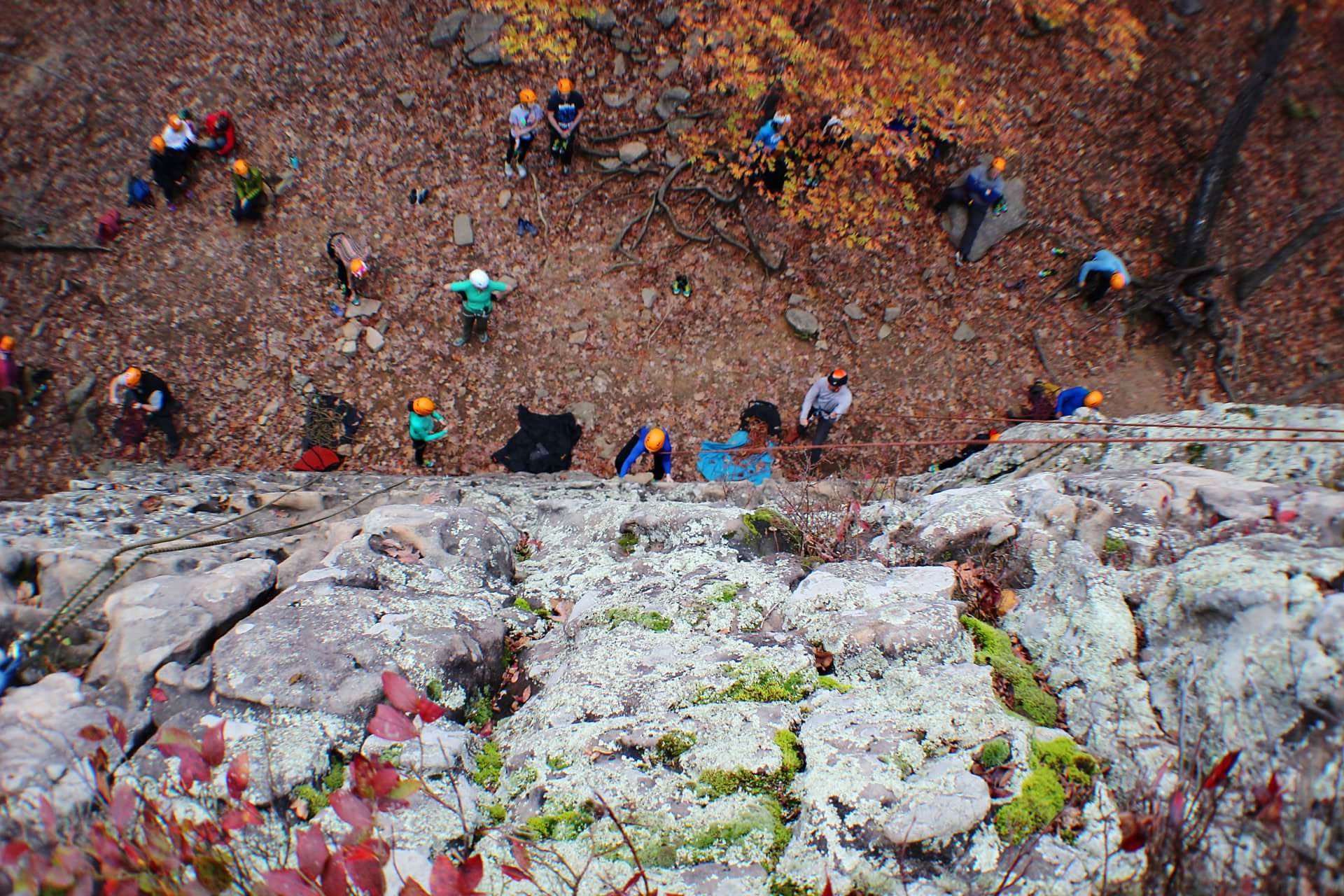
FD: What support would have been helpful to you during your time as a caregiver?
Moses: I needed someone to coach me on how to develop self-care routines. I needed someone to help me create sustainable patterns of work and play, participation and solitude.
This might be too honest, but let me speak from the heart and my lived experience.
In the past I tried to be the perfect caregiver for my wife and family. I strived to serve in every waking moment. I would, and did, do anything I could to provide, protect and comfort these people I desperately loved. I didn’t understand that while you can do anything, you can’t do everything. There’s always going to be a cost.
“I didn’t understand that while you can do anything, you can’t do everything. There’s always going to be a cost.
The cost for me was my mental health.”
FD: What was the cost for you?
Moses: The cost for me was my mental health. I burned out within months of my wife’s diagnosis and treatment. Within the year I turned to drinking and drugs at night when no one else was awake. I lost contact with friends because I chose to spend every moment with my wife. I lost my self-confidence and creativity because I gained weight and lost sleep. Then I began to have invasive, unwelcome, suicidal thoughts.
I wanted to be a perfect caregiver, thinking I would find fulfillment in giving all of myself to my family. I didn’t deeply understand that my ability to care for others was directly tied to my ability to care for myself.
What I needed was a mentor and friend that regularly asked me, “What are you doing to take care of yourself?”
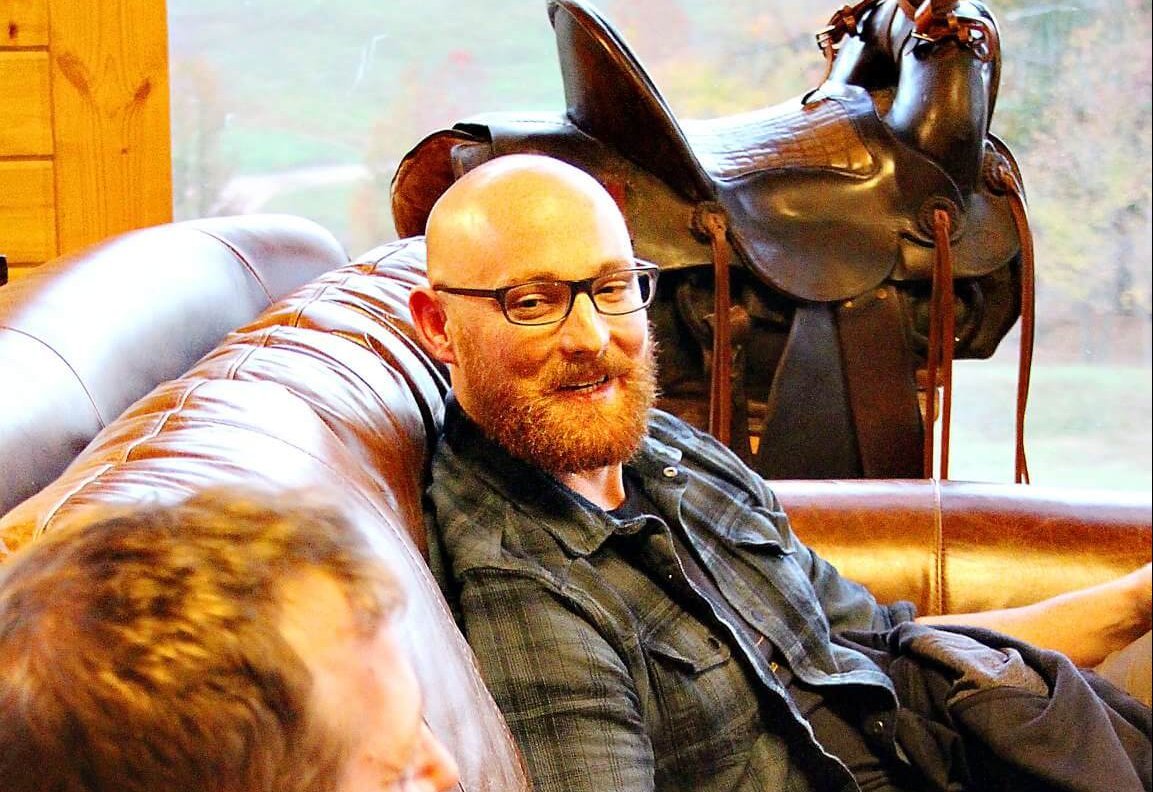
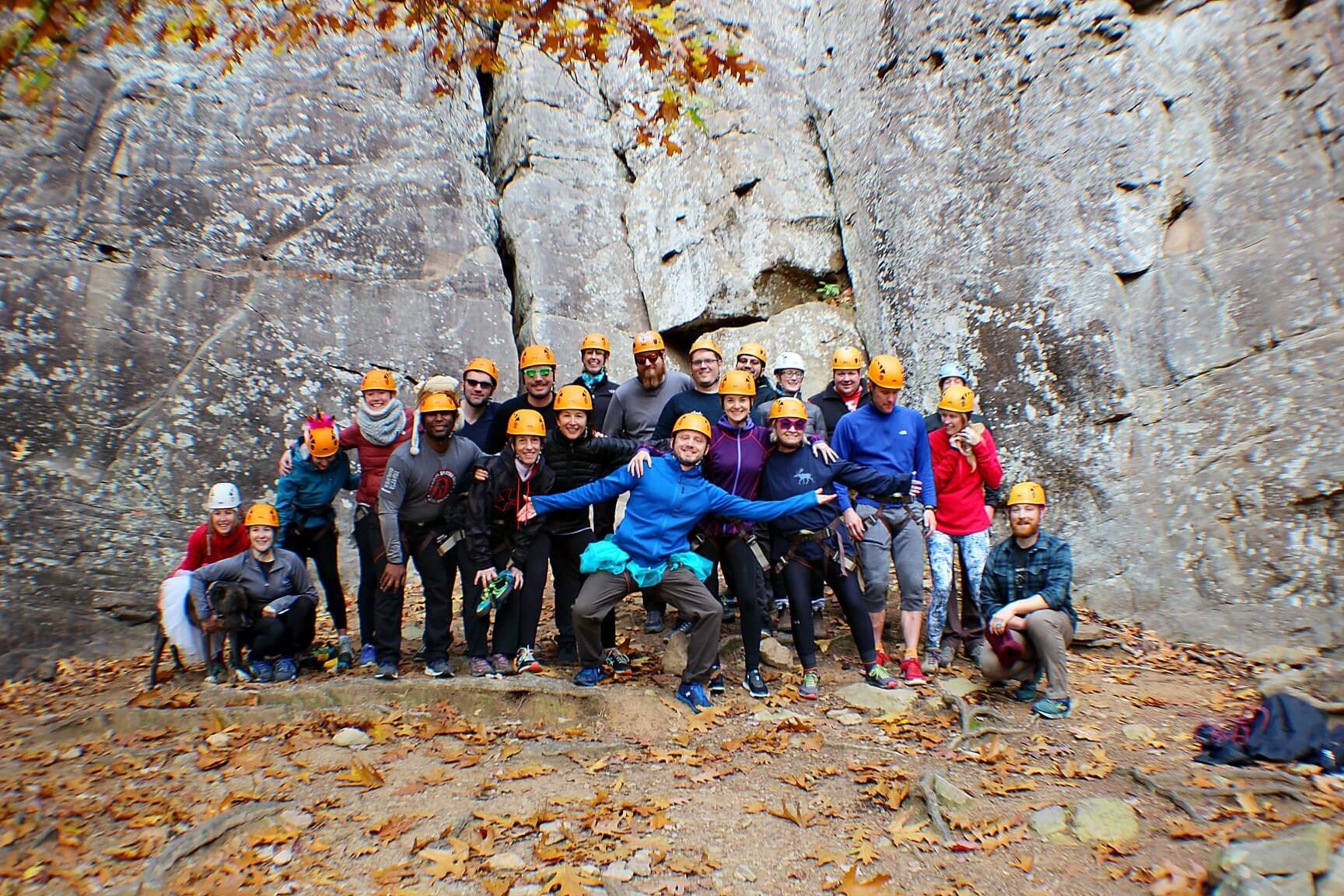
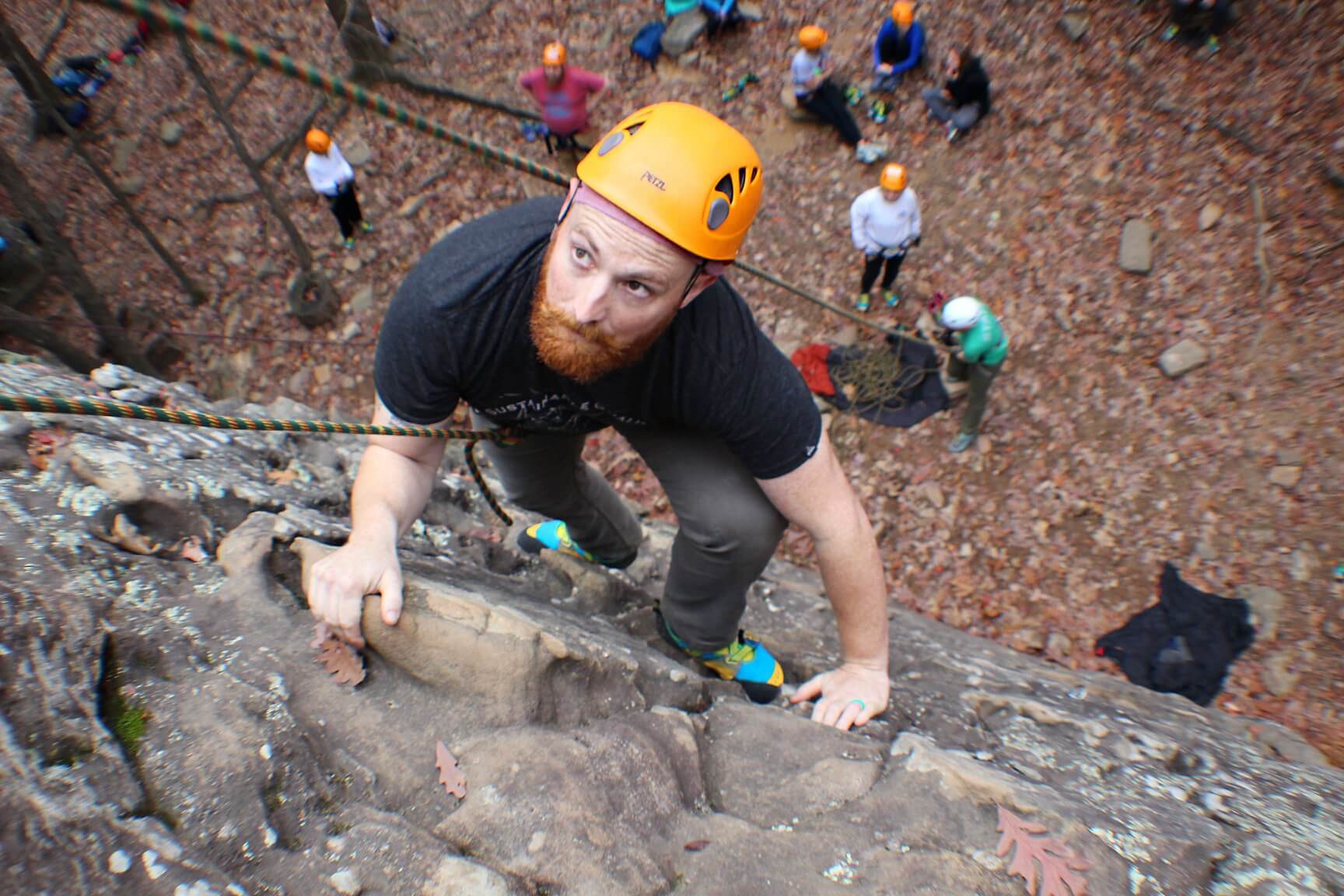
FD: What advice would you give a friend or family member if their spouse received a cancer diagnosis?
Moses: If I were to give three pieces of advice, they would be: 1. Embrace your new normal 2. Learn to sit with negative emotions 3. Shut down unsolicited advice quickly and definitively. Here’s what I mean by those:
Life will be different. Expect it and embrace it as best you can. Date nights will become the car rides to appointments. Intimacy, sexuality and sensuality change because of hormones. Your friends will become different; close friends disappear and fringe friends become confidants.
Come to terms as quickly as possible with this fact; things won’t return to normal. You create the framework for your new normal with every intention and action. If you allow yourself to make decisions ruled by fear, quickly that will become the way you see the world. If you see yourselves as victims, you will carry that mindset forward in life.
Next, get comfortable with sitting with negative emotions. The more you deny the anger, despair and anxiety you are feeling, the more they will unknowingly influence your actions and attitudes. I had a toxic joy. I thought my job was to cheer my partner up. I didn’t understand at the time that every time I reframed her struggles, I was invalidating her emotions. My actions were at odds with my intentions. If I had simply sat with her and compassionately empathized with her experiences, I would have realized that she didn’t want me to fix anything, she just wanted me to be present with her.
“she didn’t want me to fix anything, she just wanted me to be present with her.”
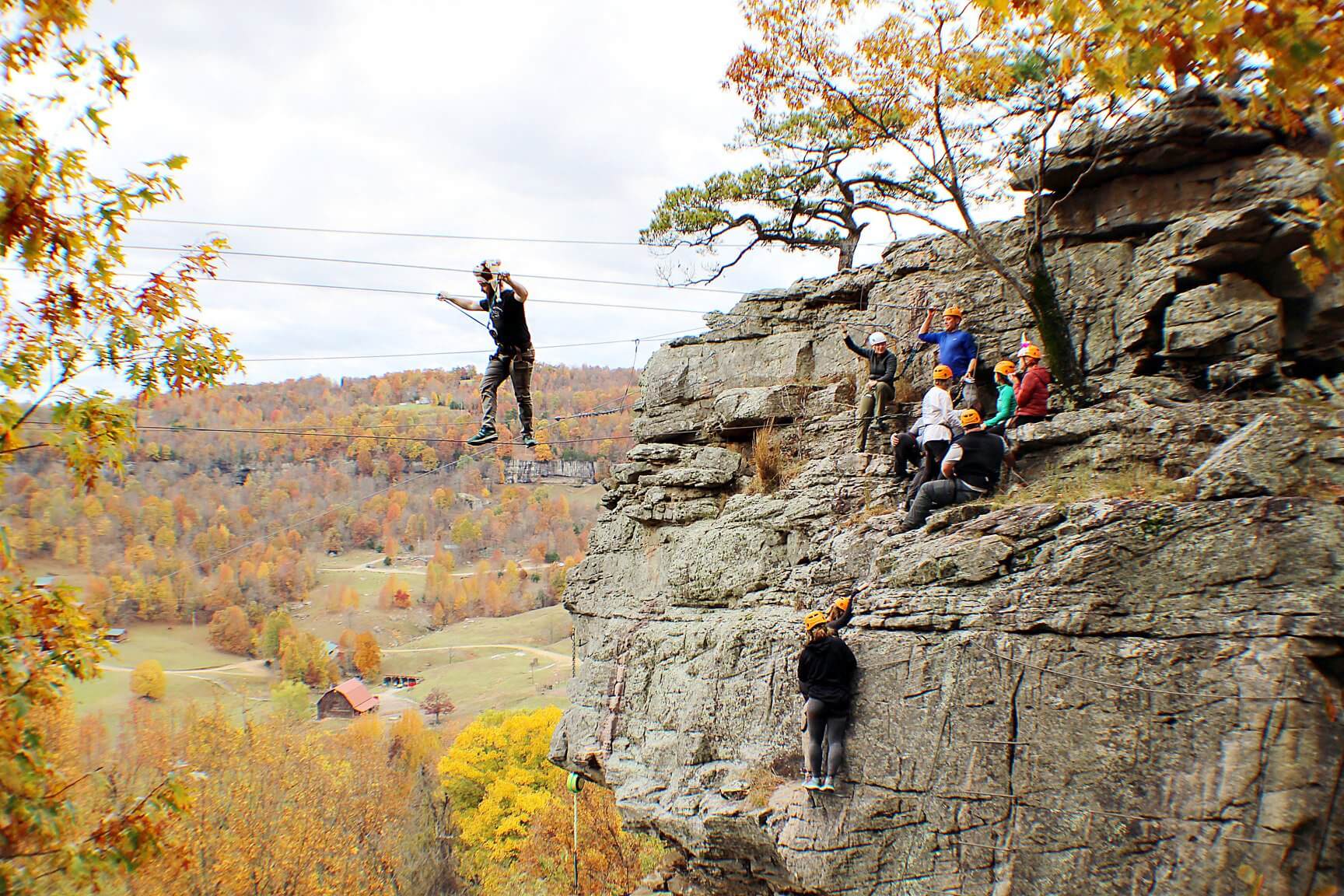
Lastly, get comfortable politely telling people to fuck off. You WILL have people – unsolicited – tell you about every fringe scientist and dubious medical practice under the sun. Learn to shut them down quickly and decisively. Very, very few people will come to you with judgement, they just want to help. Even fewer people will actually follow through with real help, though.
Imagine the conversations now, think through: What will you say? What will your vocal tone be? What will your body language communicate? My go-to response sounded something like this, “Thank you, I understand your intent and appreciate your heart, but you are giving inappropriate advice. We are working with the best doctors and researchers in the area and have created a well-thought-out treatment plan.”
If they became defensive, I would end the conversation at that point. If they were apologetic, I would ask them to help by doing a specific action. Can you bring us a salad on Wednesday night? Would you consider donating to MD Anderson?
FD: Those are all great pieces of advice. They reinforce the power of having self-compassion and giving permission to your needs.
Moses: It really comes down to this: You are going to be an amazing caregiver. You will rise to every challenge and surprise yourself with energy and affection you didn’t know you had. You are going to struggle to take care of yourself, and if you ignore your health for too long there will be a price to pay.
Up Next: During COVID-19, the responsibilities of caregivers have only increased. We talked with FD alums “Brexit” and “Emoji,” who shed some light on what 2020 has brought to their shared cancer journey. Stay tuned for their upcoming story!
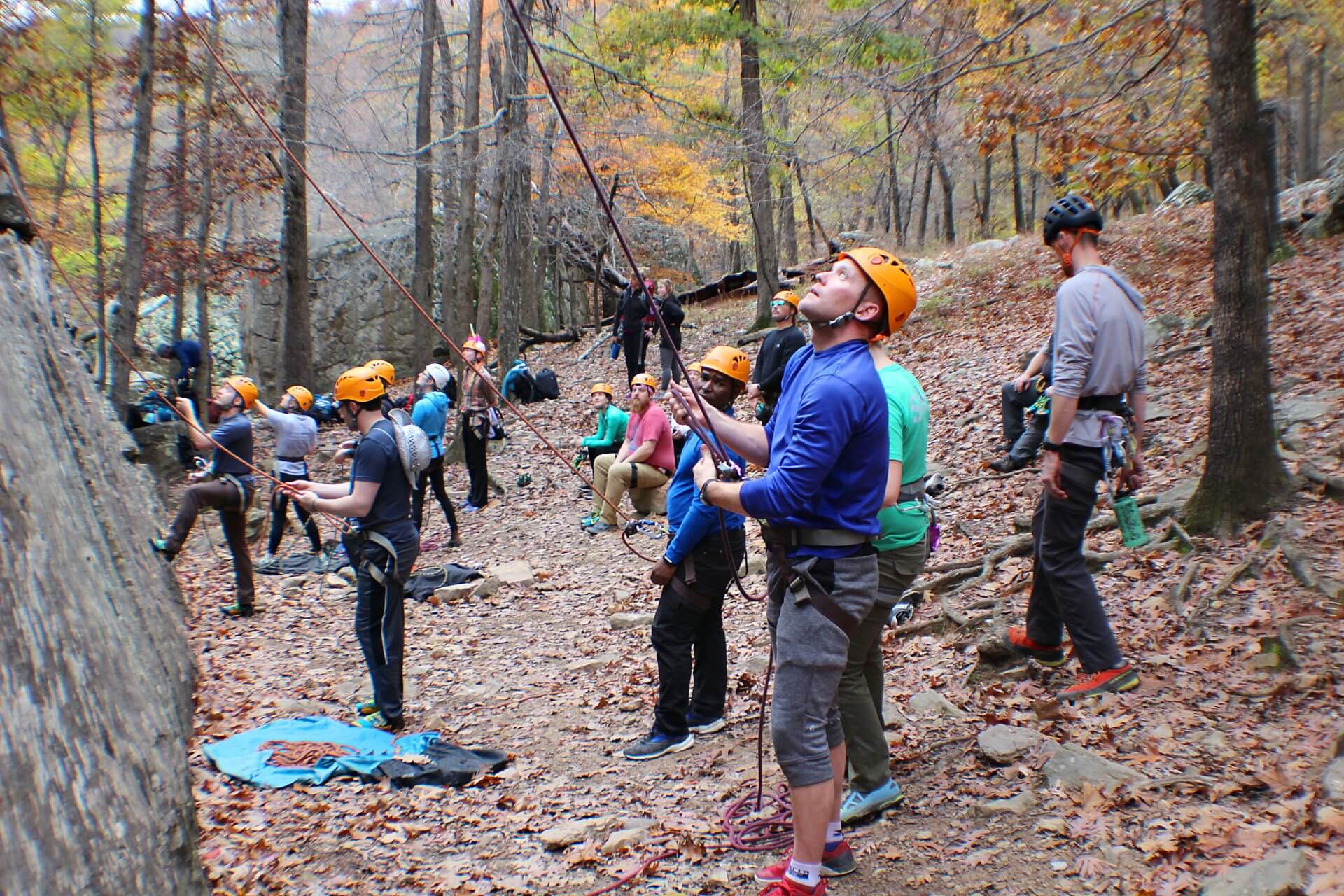
FD caregiver programs welcome nominations from FD alumni to send a supportive loved one to attend a week-long program, thereby extending a transformative FD experience to their network of care. Caregivers are then exposed to the same legitimate outdoor challenges as traditional participants, inviting powerful recognition for the courage and camaraderie experienced on an FD program. For many, this is their first experience interacting with fellow caregivers and sharing openly about the challenges they are experiencing with their journey with cancer or MS. Most importantly, FD’s caregiver programs are designed to enable participants to return from their experience feeling rejuvenated, hopeful, and with a new shared connection to their loved one.
Nominations to FD’s caregiver programs happen once per year and stay open for a one- to two-month submission period. Any young adult who has attended one of FD’s week-long oncology or MS programs prior to 2020 is eligible to nominate their caregiver to an FD Rock program. The submission period is announced to all FD alumni.
Have more questions about FD Rock, or seeking connection to discuss the caregiver experience? Reach out to Moses to open up and share.
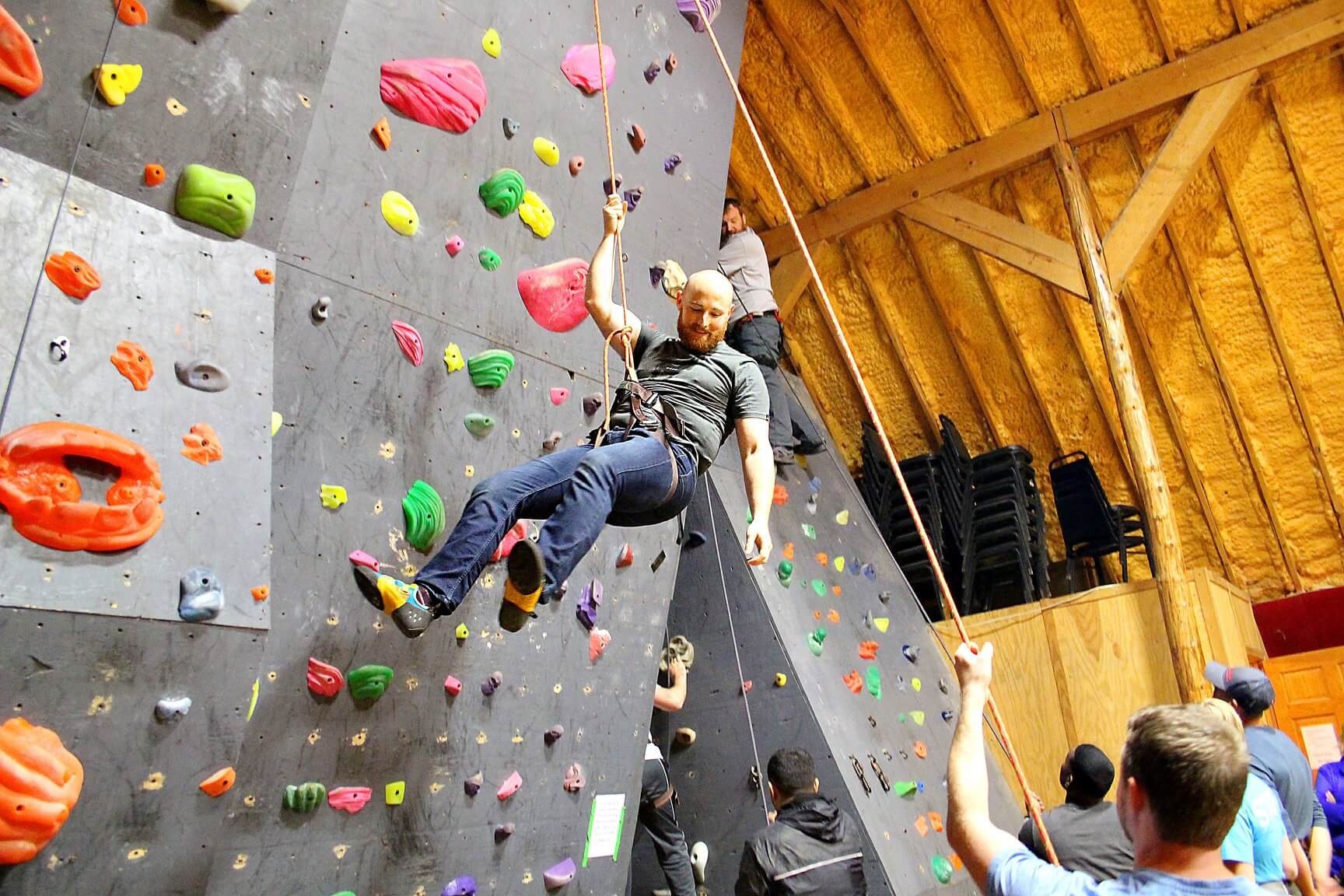
FD is honored to collaborate with EMD Serono, Inc. and the Embracing CarersTM initiative. This global initiative, in collaboration with leading organizations around the world, is working to increase awareness, discussion and action about the often-overlooked needs of carers. With EMD Serono’s support, FD will expand its caregiver programming in 2021 and provide the FD experience to caregivers for people living with Multiple Sclerosis (MS) for the first time, as well as support existing programs for those impacted by cancer and other serious health conditions. This collaboration makes this organizational milestone possible and we are thrilled to extend the healing power of adventure to more caregivers within our community.
It is an unspeakable privilege to do this meaningful work. To learn more about EMD Serono and the Embracing CarersTM initiative, visit the website here.
About Embracing Carers:
Embracing Carers™ is a global initiative led by EMD Serono in collaboration with leading caregiver organizations around the world to increase awareness and discussion about the often-overlooked needs of caregivers. In the US, Embracing Carers™ is advised by the Caregiver Action Network and the National Alliance for Caregiving and collaborates with leading patient organizations to develop tangible supports for caregivers.
About EMD Serono, Inc.:
EMD Serono – the biopharmaceutical business of Merck KGaA, Darmstadt, Germany in the U.S. and Canada – is engaged in the discovery, research and development of medicines for patients with difficult to treat diseases. The business is committed to transforming lives by developing and delivering meaningful solutions that help address the therapeutic and support needs of individual patients. Building on a proven legacy and deep expertise in neurology, fertility and endocrinology, EMD Serono is developing potential new oncology and immuno-oncology medicines while continuing to explore potential therapeutic options for diseases such as psoriasis, lupus and MS. Today, the business has approximately 1,500 employees around the country with commercial, clinical and research operations based in the company’s home state of Massachusetts. www.emdserono.com.